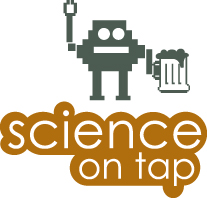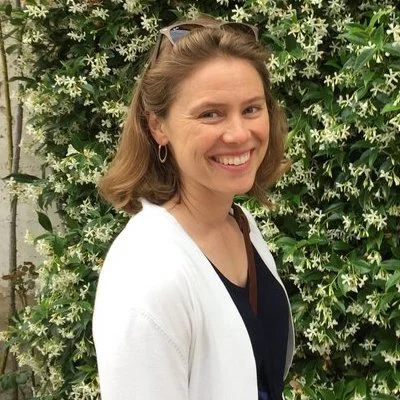This talk will be about biography, one of the oldest and most popular genres of science communication. We will briefly survey the development of the genre—its functions, audiences, and standards of evidence—before settling in to take a closer look at the people who write these staples of the airport bookstore. What motivates a scientific biographer? How do those motivations relate to the public understanding of science? The public health crusader, Paul de Kruif (1890-1971), and the progressive pedagogue, Morris Goran (1916-1987), will serve as central examples. But with any luck, we’ll add audience favorites to the list of biographies and biographers up for discussion through a lively Q&A!
About the speaker:
Judy Kaplan develops resources that help public audiences look at the world from the perspective of the history of science. At the Institute, she edits the Scientific Biographies and contributes to a wide variety of interpretive projects. Her background is in the history of the language sciences, and she enjoys writing about the histories of philology and linguistics. This work has been supported by the Max Planck Institute for the History of Science, the Andrew W. Mellon Foundation, the National Science Foundation, and the Consortium for the History of Science, Technology, and Medicine. Judy received her PhD from the University of Wisconsin, Madison. With Jenny Bangham and Xan Chacko, she edited a collection of case studies on Invisible Labour in Modern Science, published in 2022. In her work to build community around the history of science, she also publishes Transactions of the IsisCB, a biweekly newsletter about recent literature in the field.

